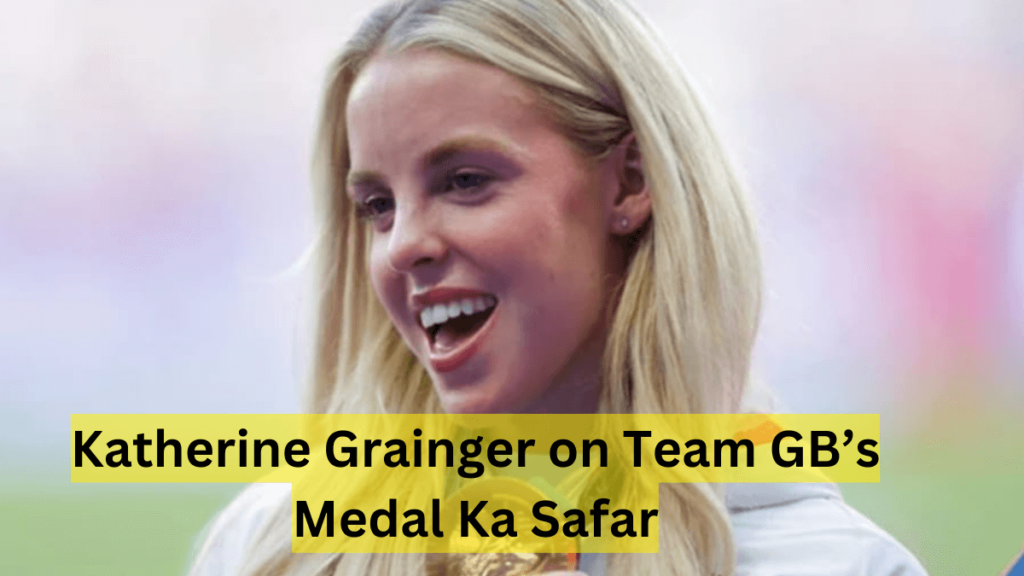
Katherine Grainger, the UK Sport Chair, commended the United Kingdom on their medal total at the Paris Olympics, but she also said that “a bit more work needs to be done” to increase their gold medal total.
By capturing 65 medals, Team GB surpassed the Olympic financing agency’s aim of 50 to 70, one more than their final tally from three years ago in Tokyo. Nevertheless, the British team finished eighth in the medal standings, three places below the previous Games, with 14 gold medals, the fewest in the last 20 years.
Grainger stated, “Our strategic aim is to be in the top five,” on BBC Radio 4’s Today Programme. Though we always knew that the spots between the third and ninth are quite crowded, we were just below that this time. You can go up or down a few spots with just one or two gold medals.
“Our main observation is that our gold medal conversion rate is typically around 30%,” Grainger said. This time, we came in just short of it, so there’s a little bit more work ahead of all of us who participate in different sports and support roles. We will now examine whether there were any areas where we could have taken different, less, or more actions during the evaluation process.
34% of Team GB’s medals in Tokyo were gold. This ratio was 40% in London in 2012 and 45% in Rio de Janeiro in 2016. Although there is still a need for improvement, Grainger, a gold medallist in rowing from 12 years ago, expressed her satisfaction that the medal range of 50–70 medals was accurate. “Being at the top end of that range is very pleasing and shows our athletes have put on an amazing performance,” the woman continued.
With eight medals, including three golds, Team GB’s rowers distinguished out. Despite rowing being the best-funded sport in Britain during that Olympic cycle, this was a major improvement over the two medals (one silver and one bronze) won in Tokyo.
“It’s quite the opposite of what many people think—that [investment] is about instant results and rewards or punishments,” Grainger stated. It’s about anticipating a sport’s future potential. The best illustration of this is rowing. A lot of people questioned if it was unfortunate that only two medals were returned from Tokyo. This time, we wouldn’t have seen such great success if financing had been removed at that moment after it was decided that two medals weren’t enough.
British Rowing has changed dramatically since Louise Kingsley took over as performance director. After many conversations, they carefully assessed their athletes’ accomplishments, determined their potential, set high standards for Paris, and brought home eight medals.
Speaking to a question regarding whether the budgets for boxing and sailing will be examined—the former taking home two medals, while the latter produced just one bronze for Lewis Richardson in the men’s 71kg division—Grainger said, “It’s not so much about the budgets; it’s about reviewing all parts of the program.” Just like any other investing entity, the national governing organizations of the sport are eager to proceed with this.
These individuals are performance-oriented and seek to maximize athletes’ potential while achieving outstanding outcomes. Important work needs to be done when there are some surprises or disappointments when we have anticipated more.

